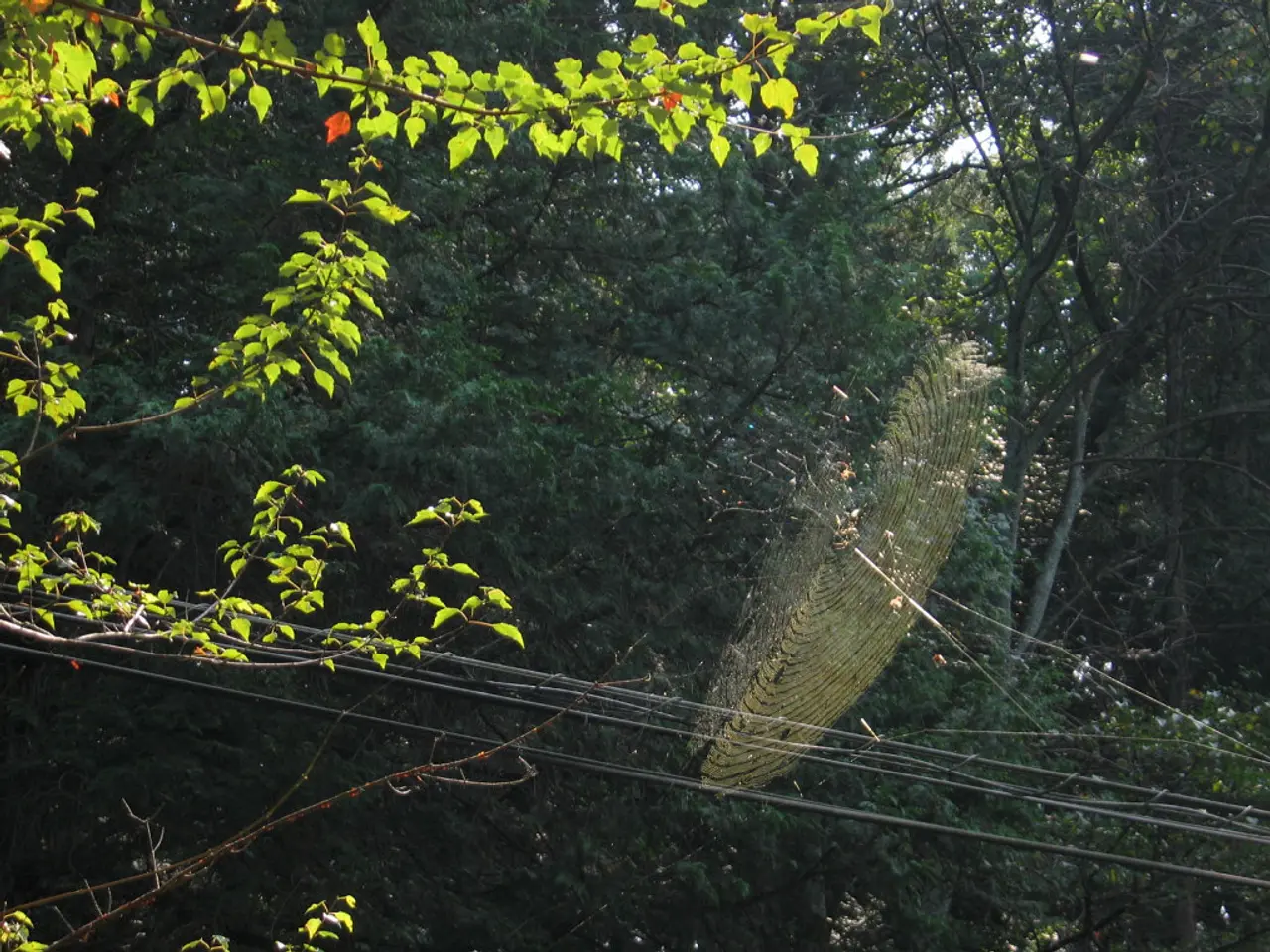Quebec contemplating withdrawal from Starlink due to tariff disagreement
Quebec, a province known for its vast rural landscapes, is currently evaluating whether to extend subsidies for SpaceX's Starlink satellite internet service or reallocate the remaining funds towards alternative solutions. This decision comes amidst escalating trade tensions between Canada and the United States, as well as the development of domestic alternatives.
Starlink has proven to be a vital lifeline for thousands of rural households in Quebec where fibre optic installation was costly or logistically impractical. The province was the first in Canada to adopt the service, striking a deal with SpaceX years before other provinces like Ontario.
However, the Canadian company Telesat is currently collaborating with Quebec to develop its own alternative to Starlink. Gilles Bélanger, the parliamentary assistant in charge of high-speed internet and special connectivity projects, stated that Quebec is actively working with the federal government to develop a Canadian alternative. This move aims to reduce dependency on SpaceX and ensure long-term connectivity sovereignty.
The current three-year agreement with Starlink is set to expire in June, and the contract, valued at $130 million, has not been fully spent, providing the government some financial flexibility. This flexibility could be utilised to fund the development of domestic alternatives or to extend the Starlink contract.
Quebec Premier Francois Legault argues that terminating the Starlink deal would disrupt services for thousands of rural residents. However, the province is carefully considering its next steps due to ongoing trade disputes. U.S. President Donald Trump has threatened to impose a 25% tariff on Canadian goods, which could further complicate the decision-making process.
One potential solution could involve partnering with SpaceX and relying on its Falcon 9 program to launch Quebec's satellites. Canada has the expertise to build satellites, employ skilled engineers, and has a strong aerospace industry. However, the biggest missing piece of the puzzle is how to get those satellites into space, as Canada does not have a reliable launch option.
Meanwhile, Ontario Premier Doug Ford cancelled, and then un-cancelled, his province's $100-million contract with Starlink in protest. This rollercoaster of decisions could influence Quebec's decision, as the province weighs the benefits of Starlink against the potential advantages of domestic alternatives.
As Quebec navigates this complex situation, one thing is clear: the province is committed to ensuring reliable high-speed internet for all its residents, regardless of their location. The decision to extend or alter subsidies for Starlink will undoubtedly have significant implications for rural connectivity in Quebec.
Read also:
- Russia, according to Zelensky, lacks the prowess for launching another significant offensive.
- Russia's Latest Peace Proposals for Donbas: New Diplomatic Landscape Emerges amid Alaska Summit, Potentially Opening Ceasefire Opportunities
- Amidst India's escalating climate crisis, transgender individuals continue to persevere
- Contentious Discussion Surrounding the Movie Release of "Planet of the Humans"








